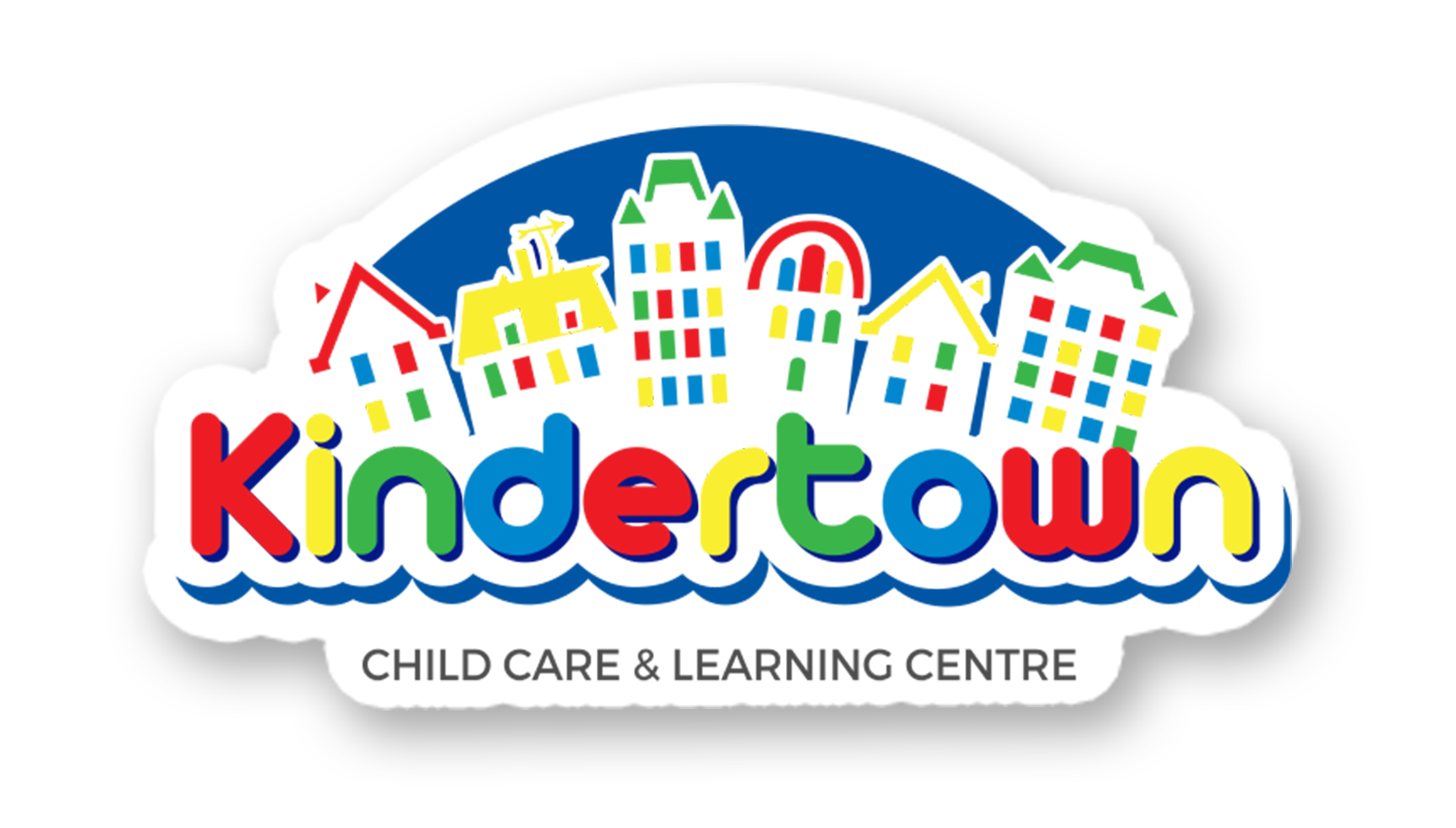The Importance of Gathering Time
The traditional early learning practice of gathering time, or circle time, involves children sitting in a circle and participating in structured activities led by the teacher. While this approach can be effective for some children, it may not be the best way to promote engagement and active participation in learning. At Kindertown, reimagining gathering time as a class meeting that involves children in decision-making and activity planning can be a more effective way to promote children's agency and critical thinking skills.
One of the main advantages of a class meeting approach is that it provides children with a sense of ownership and responsibility over their learning experiences. By involving children in the planning and decision-making process, educators hope to foster a sense of independence and encourage children to take an active role in their own learning. This can help to build a sense of community and shared responsibility amongst the children, as they work together to come up with ideas for activities and share their insights and experiences.
Additionally, a class meeting approach can provide children with opportunities to develop their critical thinking and problem-solving skills. By asking open-ended questions and encouraging children to think creatively about their learning experiences, teachers can help children to develop the ability to analyze and evaluate ideas, and to come up with new and innovative solutions to problems. This can help children to develop a sense of agency and self-efficacy, as they gain confidence in their ability to make decisions and take action to pursue their learning goals.
Finally, a class meeting approach can be a more inclusive and responsive way to engage children in early learning. By providing opportunities for all children to share their ideas and experiences, teachers can ensure that each child's voice is heard and that their needs and interests are taken into account. This can help to build a sense of empathy and understanding among the children, as they learn to appreciate each other's perspectives and experiences.
Reimagining gathering time as a class meeting that involves children in decision-making and activity planning can be a more effective way to promote children's agency, critical thinking, and problem-solving skills. By providing opportunities for children to share their ideas and experiences, teachers can foster a sense of ownership and responsibility over their learning experiences, promote a sense of community and shared responsibility among the children, and provide a more inclusive and responsive approach to early learning.

